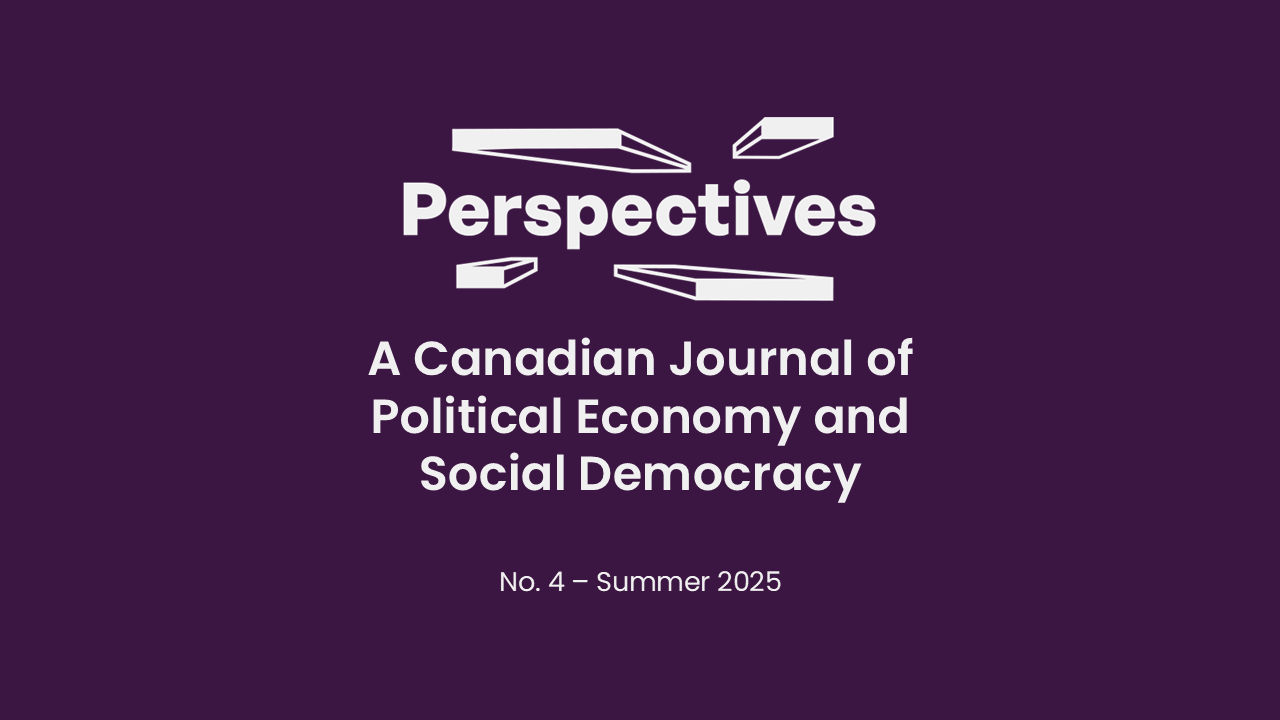Editorial – Summer 2025
Canadian progressives need to hold fast against a Carney government propped up by approval ratings that reflect the public sentiment that “things could be worse” as they become increasingly worse.
Canadian progressives need to hold fast against a Carney government propped up by approval ratings that reflect the public sentiment that “things could be worse” as they become increasingly worse.

Lindsay Amundsen of Canada’s Building Trades Unions explains what a just transition really means for workers—and how union-led training programs are preparing the workforce for the green economy.

Deconstructing ‘Green Industrial Policy’ and what it means for economic transformation in Canada based on justice and equality.

While droughts and high temperatures grab headlines, truly implementing FPIC should not be seen as a roadblock to climate action, but instead be seen as an integral part to build trust and smooth relations to reduce transaction costs for a Just Transition.

A green industrial policy is so urgent because without it, the carbon price is unlikely to receive enough political support to ever reach its 2030 level or to induce the transformative changes required for a net-zero emissions economy. Here are five reasons why.

As Canada warms twice the rate as the rest of the world, it is in our interest to play a leading role on the global stage to facilitate greater collective action to address climate change.

If we recognize the overlaps between different sectors, drawing dichotomies between “green” and fossil fuel jobs are unhelpful. We really need to think about how our existing set of skills and resources can be leveraged to build a low-carbon economy.

What countries that have got their emissions under control have is a well-institutionalized process for integrating the monitoring of emissions trends and the policy making process, and to develop real-time policy adjustment in the face of evolving emissions trends.

It is crucial that Canada’s INDC provides a serious, quantifiable strategy for reducing oil sands emissions — either by curtailment of future expansion, or through improved extractive and refining efficiencies.


